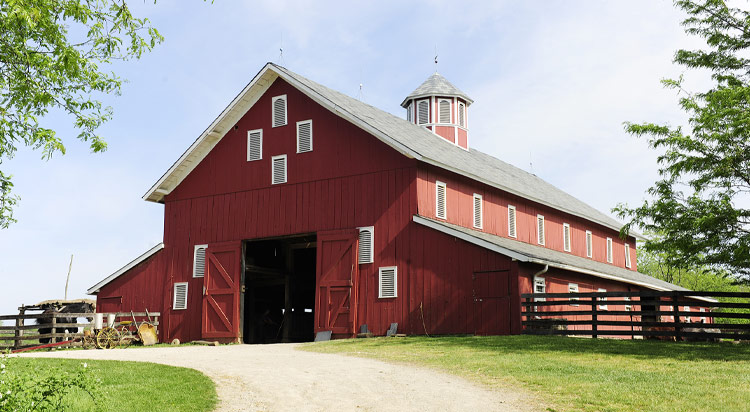
Agricultural Land Use
Understanding Protections and Limitations on Agricultural Uses and Structures
Agricultural Development
In New Jersey, the agricultural use and development of land is often subject to its own body of rules and regulations. Many activities are protected from state and local restrictions by Right to Farm laws, while other activities on farms may remain restricted by local zoning and state regulations.
Prior to investing in agribusiness and development, farm owners should identify the applicable rules and authorities within the jurisdiction. One or more applications seeking approvals may be required.
Understanding Your Options
What is possible on one farm may not be possible on another. Each property must be uniquely reviewed to identify its specific regulatory rights and constraints, existing approvals, and matters of title. Preservation or conservation easements, agricultural or woodland assessments, and natural resources may further restrict the feasibility of proposed farm activities. Other structures or activities may be grandfathered with limitations on expansion. Properties affected by the Highlands Water Protection and Planning Act require that certain plans be implemented with restrictions on impervious cover prior to new agricultural development. Careful review is needed.
Agritourism
Agritourism and associated events, markets, entertainment, and recreational activities are growing in popularity as a means of increasing the profitability of farms by promoting the on-site purchase of farm products. However, not all proposed agritourism activities are protected by Right to Farm laws. Some activities require an application to confirm whether a commercial farm is engaging in a protected agricultural practice. Even if protected, matters affecting health and safety, such as access, construction, and traffic, must be adequately reviewed and addressed. In addition, business-specific permits or licenses may be required, such as commercial kitchen certification or alcoholic beverage control licenses. Additionally, agribusinesses should be properly formed to maximize liability protections.
Handshake Deals
Many New Jersey farms date back hundreds of years, and the nostalgic stories of “handshake deals” are not forgotten. However, written contracts play an important, protective role in modern agribusiness. Land and asset purchases, easements, ag labor housing leases, seasonal licenses, business partnerships, farm succession plans, waivers, business forms, and so on… proper contracts minimize future legal issues and are part of a sound business plan associated with farm use and development.
Help Is Available in New Jersey
It is important that you see an attorney experienced with Right to Farm laws and agricultural land use prior to purchasing or leasing agricultural land, preserving land, engaging in farm development, or changing farm uses. Regulatory and site constraints, combined with easements and local zoning, are all factors in determining feasibility of new agribusiness endeavors and their related structures.
When purchasing agricultural land, it is important that your attorney understands Right to Farm laws versus local zoning ordinances and has transactional and due diligence experience specific to farms and related industries. Your attorney should also understand agricultural assessments, preservation easements, and site investigations, including underground storage tank issues. Choose an attorney who is experience in handling agricultural land use, real estate, and business matters.
Attorney Nicole L. Voigt has the experience and knowledge to represent your interests and put your priorities first. Ms. Voigt cares about your farmers, families, and businesses, and is experienced in real estate, business, land use, and due-diligence specific to agricultural properties.
